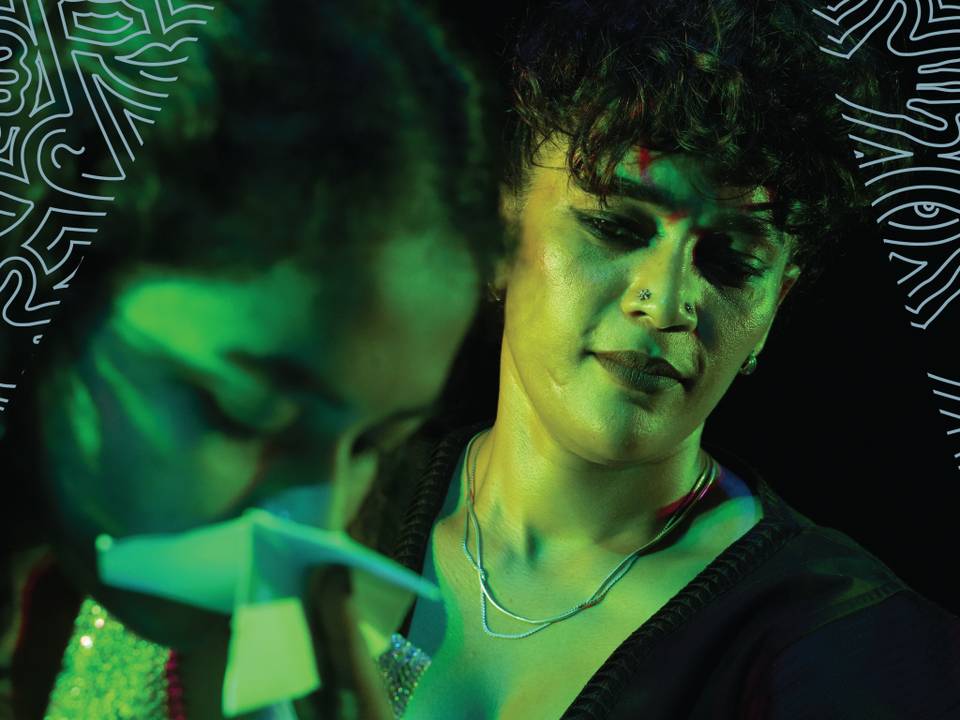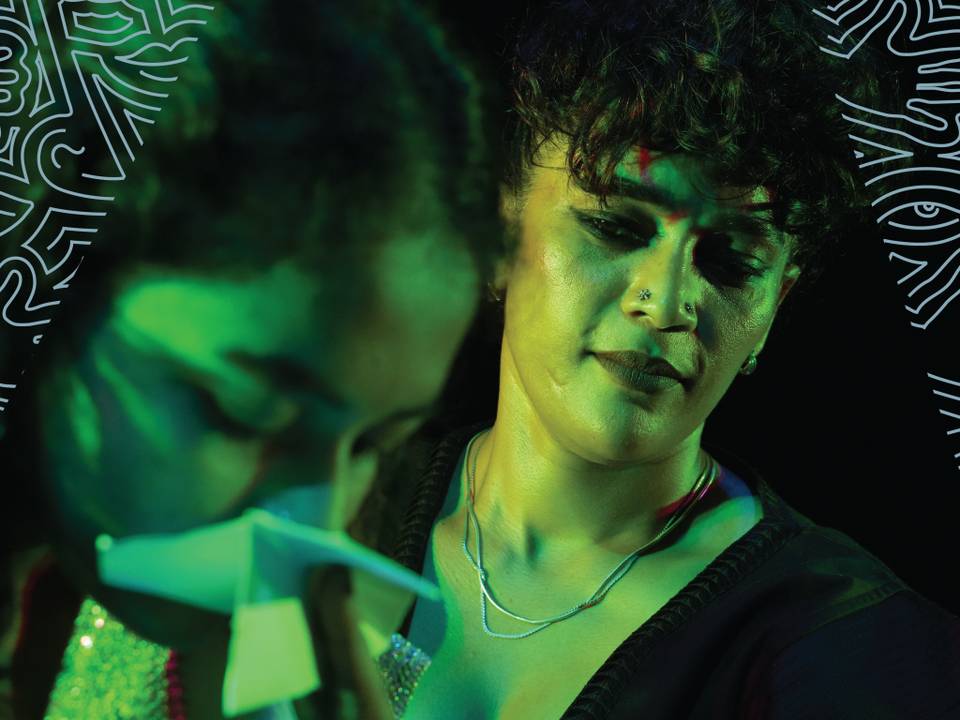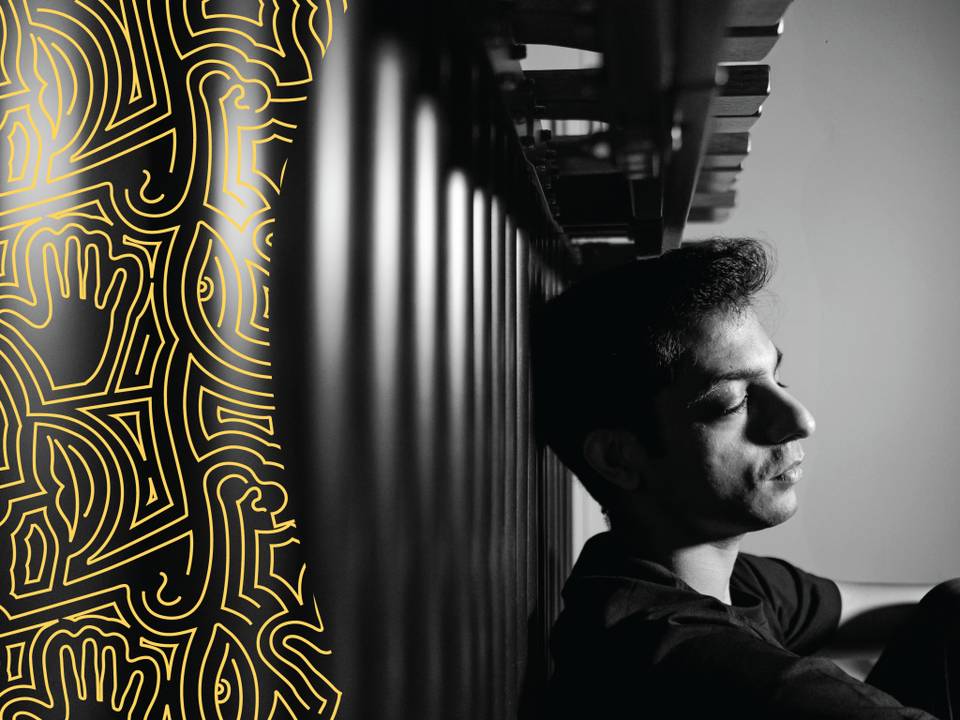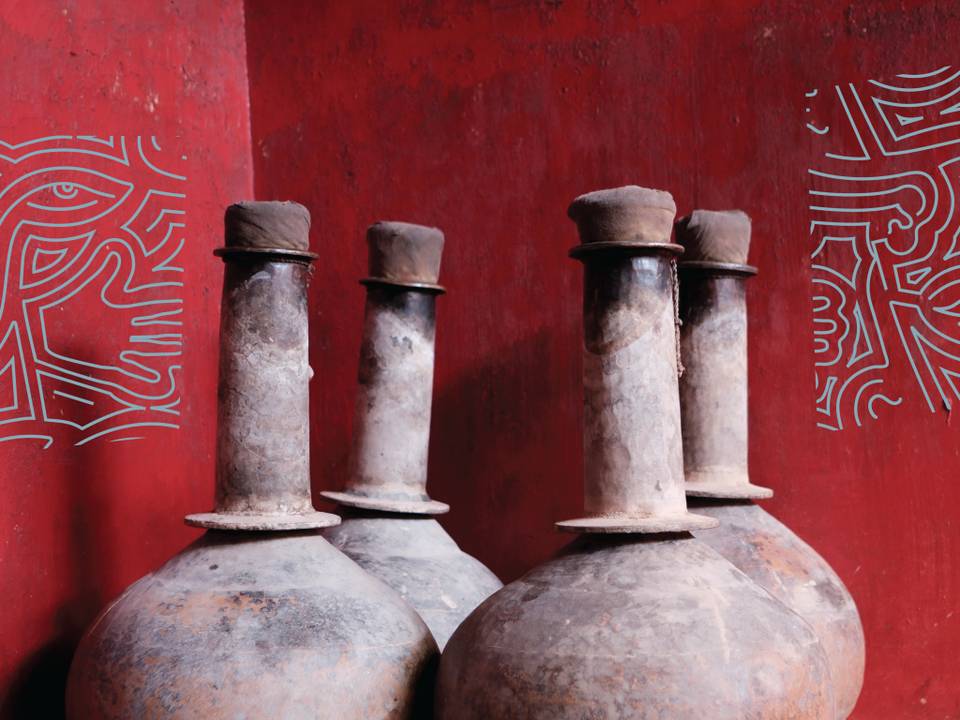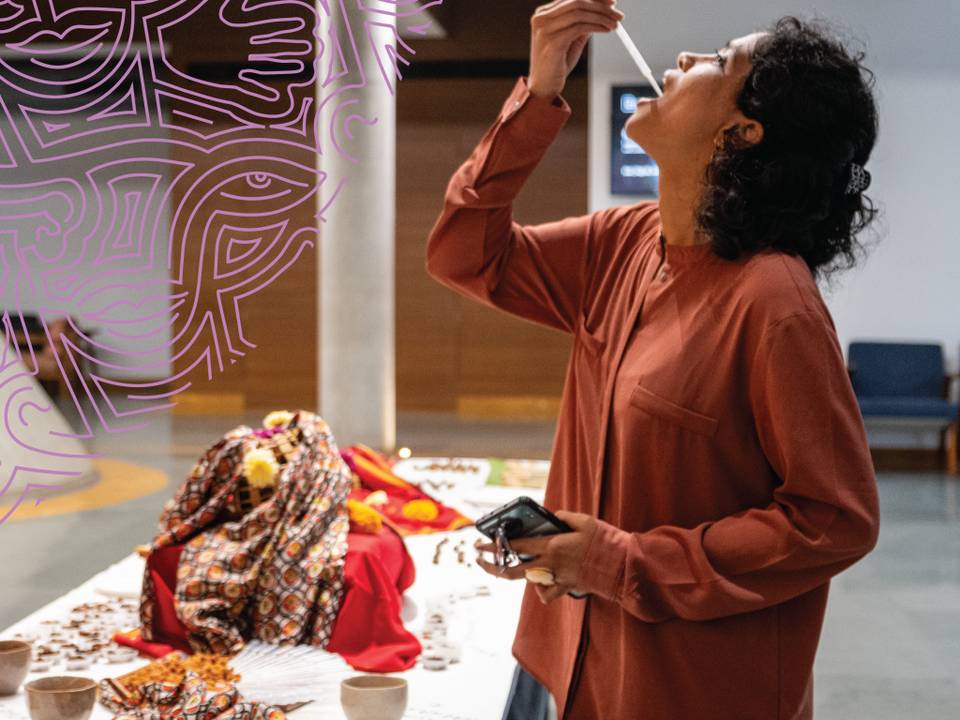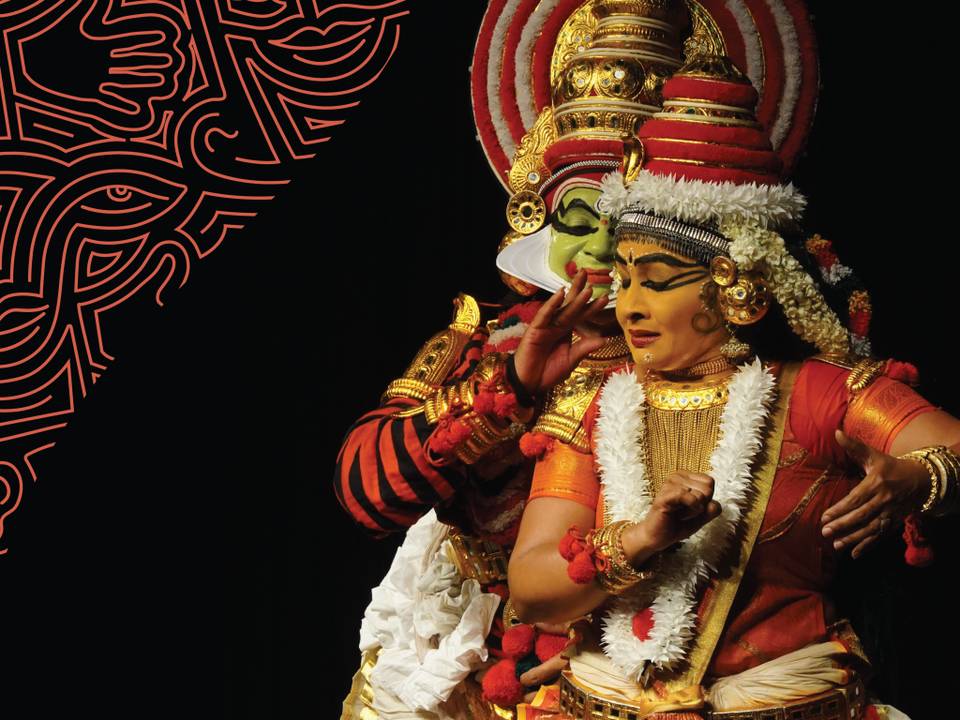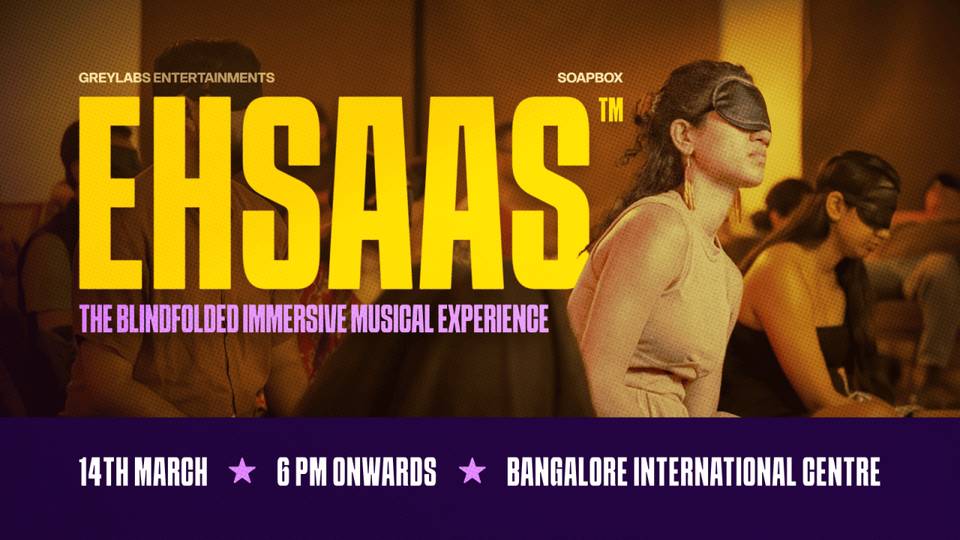ರಾಜ್ಯ ರೂಪುಗೊಂಡ ಬಗೆ | United by Language ಕರ್ನಾಟಕ ರಾಜ್ಯದ ಉಗಮ ಕಥೆ The Story of How Karnataka was Born
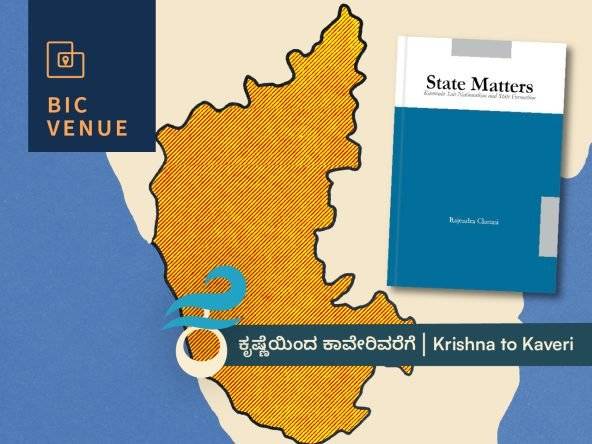
Details
Nov 09 2024 to Nov 09 2024 11:30 a.m.
EVENT HAS ENDED
Where
Bangalore International Centre
7 4th Main Rd, Stage 2, Domlur 560071
Event Description
The unification of Karnataka was a major cultural preoccupation for many decades. For writers of the time, the Kannada renaissance was an awakening to the sense of historical loss of a glorious Kannada Nadu and also to the sense of historical destiny. This galvanised a movement which lasted for many decades and ended in bringing together the Kannada-speaking people who had been scattered over 29 fragments. However, the complex story of the birth of Karnataka as a modern linguistic state cannot be analyzed without references to the contradictions of regional differences, caste and class and, the national politics of the time. More importantly, these contradictions still persist and need to be seen in the context of the vulnerability of linguistic subnationalism and its fragility.
The discussion will revolve around Rajendra Chenni’s book, State Matters: Kannada Subnationalism and State Formation, which analyzes the formation of a linguistic state and the inevitability of the contradictions arising from material and historical conditions. It examines the historical and political context which led to the emergence and acceptance of linguistic or regional identities during the freedom struggle, a struggle which ironically tried to subsume these identities into one master discourse of the nation. Traversing disciplinary boundaries, the book weaves complex disparate elements into the concept of linguistic subnationality. It underlines how linguistic subnationality is sustained against the push and pull of caste/class hegemony, national party-based politics and larger forces of development and globalization.
Speakers
Rajendra Chenni
Director, Manasa Centre for Cultural Studies, Shivamogga
Literary and cultural critic, Rajendra Chenni, formerly Professor of English at Kuvempu University, Shivamogga, is presently Director, Manasa Centre for Cultural Studies, Shivamogga. A bilingual writer, he has authored 20 books in Kannada and six in English. He has received several honours including the Ambika Tanayadatta Bendre National Award (2023), Giraddi Vimarsha Prashasthi (2024), Karnataka State Sahitya Akademi Lifetime Achievement Award (2012), Karnataka State Sahitya Akademi Book Award (1987 & 2003), VM Inamdar Award (2019), DS Max Sahitya Sri Award (2016), GSS Award (2009), BA Sridhara Award (2012) and Vardamana Udayonmukha Award (1992). He was part of the prestigious delegation which discussed the repercussions of the Holocaust at Yad Vashem in Israel in 2012. He is presently a member of the Karnataka State Education Policy Commission. A freelance writer, he has contributed to Frontline, The Open Magazine, The Hindu and the Deccan Herald on issues relating to contemporary politics and culture.
He has actively participated in several people’s movements in Karnataka − to protect the Baba Budan Giri shrine, against mining at Kudremukha, and for saving the Tunga River and the Western Ghats. He was also convenor of Dakshinayana Karnataka, a collective of writers and artists against fascism.
His abiding interest has been in classroom teaching and research, and he has kept himself involved in classroom activities by engaging with students and researchers across the country.
Vikhar Ahmed Sayeed
Journalist
Vikhar Ahmed Sayeed is an award-winning journalist with Frontline newsmagazine and is based in Bengaluru.

